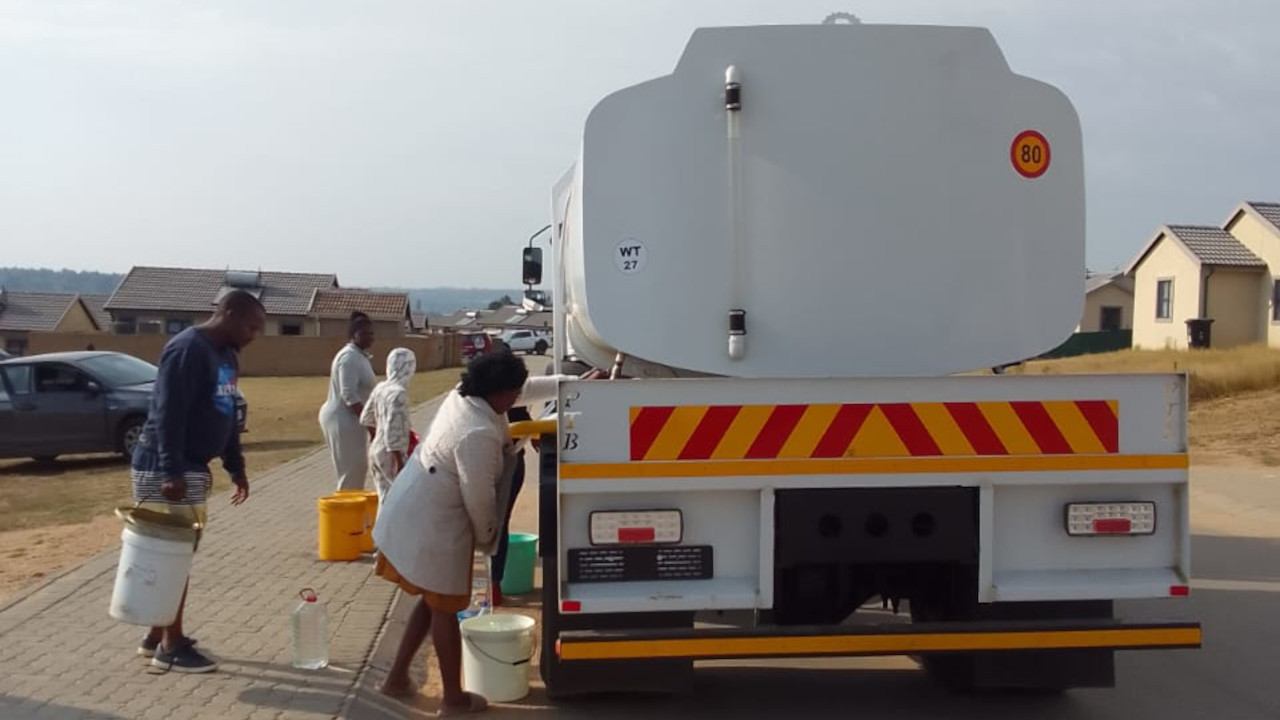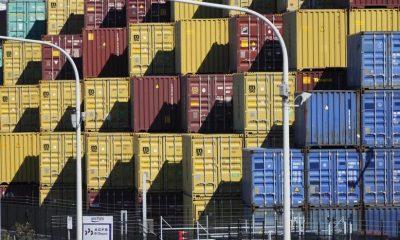News
Why Water Shifting Shouldn’t Be the Norm for Solving Joburg’s Water Woes

Johannesburg, South Africa’s industry hub, faces severe water cuts. Anja du Plessis, a water management expert, explains why “water shifting” shouldn’t become the norm to address the crisis during an interview with EWN.
Water Crisis Background
Multiple factors, including deteriorating water infrastructure, droughts, and corruption, have led to water supply challenges. Some areas have faced dry taps for weeks.
What is “Water Shifting”?
The plan involves redistributing water to relieve pressure on the hardest-hit areas, mainly high-lying regions. Pressure loss occurs due to low reservoir levels from leakages, burst pipes, high consumption, or power outages.
Also read: DA Accuses Rand Water of Lacking Transparency Amid Water Crisis
Can This Crisis Be Avoided?
Yes, poor governance, underinvestment, and a lack of political will have contributed to the crisis. Water infrastructure across the country has deteriorated, risking failure. Factors like high consumption and water losses exacerbate the issue.
Is “Water-Shifting” a Solution?
“Water shifting” is an interim measure and shouldn’t become the norm. It doesn’t address the root causes, like dilapidated infrastructure and water losses. Stakeholders must collaborate to fix the primary issues and prevent water rationing.
Also read:
Picture: X / JHBWater
Follow us on Google News.






















